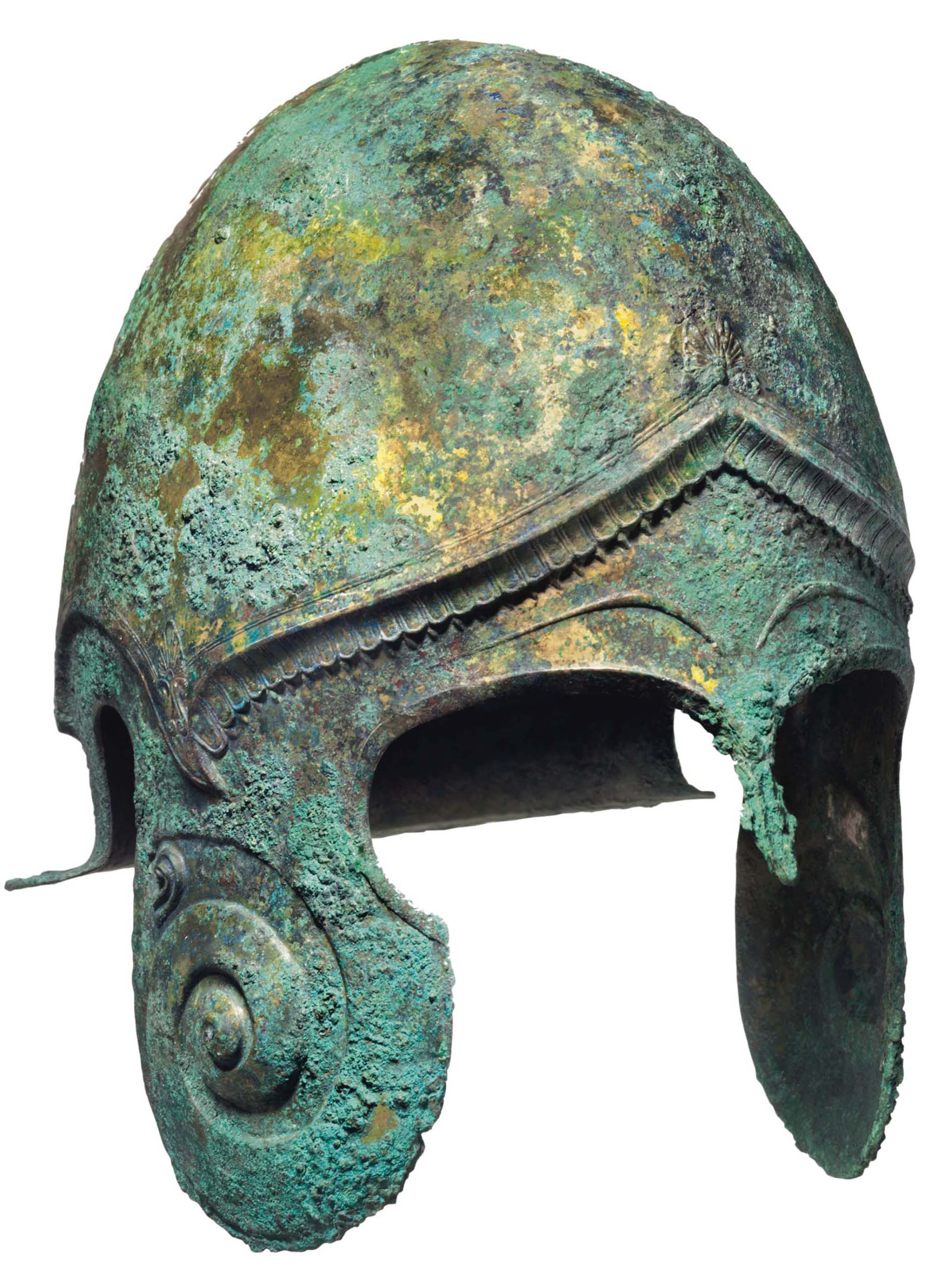So people keep asking me why I bother collecting these heavy, rusty old Greek helmets. Well, honestly? It started kinda simple. I walked into this massive museum exhibit years back, saw a whole wall of Corinthian helmets lined up – dented, green with age, but still somehow powerful, you know? It wasn't about the money then, just pure "Wow, that's sick!" energy. But diving in? Man, that was another story.
Starting Out: Totally Clueless
I remember hitting the internet hard after that museum trip, wanting just ONE helmet to stare at. Big mistake. Typed in "ancient Greek helmet" and bam! Prices everywhere, from crazy cheap plastic toys to "sell-your-kidney" expensive bronze pieces. How the heck was I supposed to know what was real? Or even close to real? I clicked on everything, got overwhelmed fast. Felt like drowning in eBay listings and fancy auction house jargon I didn't understand. Where was the "Dummy’s Guide"?
The First "Big" Mistake
Got impatient. Found a website shouting about "Authentic Spartan Helmet – Limited Time!" Looked okay in the pictures, shiny bronze effect. Price wasn't pocket change, but seemed alright for something "old." Pulled the trigger. Heart was kinda racing, ngl. Waiting for the box felt like forever. Opened it up... yeah. Shiny, alright. Way too shiny. Plastic-feeling metal, weird sharp edges no ancient dude would've survived wearing. Smelled like factory grease, not earth or history. That sucked. Learned my first harsh lesson fast: If it seems too good to be true? It definitely is. Took a good chunk of my enthusiasm with it.

Getting Serious (and Broke Slowly)
Stubbornness kicked in. Started reading actual forums where old-timers hang out. Forget official sites, needed the grumpy collector wisdom. Spent weeks just lurking, reading arguments about ridge styles on Corinthian types, cheek guard shapes on Attic ones. Terms like "patina," "casting seams," "archaeological context" started making some sense. Started ignoring anything shiny. Began looking for dirt, crustiness, age marks. Saved up, skipped some beers, skipped that new game I wanted. Finally felt ready for a smaller auction house auction. Nervous as hell. Bid online for a battered Illyrian helmet fragment – just the crown part, no cheek guards or anything fancy. Wasn't pretty, but the details felt right, the oxidation patterns looked legit. Won it. Cost way more than the plastic Spartan wannabe, but holding that real piece of dented bronze? Priceless. Like holding actual time.
What My Knuckles Learned (The Hard Way Tips)
Look, here's the stuff nobody spelled out for me at the start, stuff I wish I knew before throwing cash at fancy junk:
- Learn the Styles Cold. Corinthian, Illyrian, Attic, Chalcidian – they look way different! Knowing what defines each type is your first shield against scammers.
- Patina is Your Friend (Usually). Real age doesn't sparkle. Look for dull, earthy colors, uneven textures, that green corrosion crust (verdigris). Super smooth and shiny is a factory fresh red flag.
- Imperfections Scream "Real." Ancient stuff wasn't machined perfectly. Look for casting flaws, hammer marks, uneven edges. If it looks flawless like a museum prop... it probably is.
- Origin Story Matters. You gotta know where the seller claims it came from. Stuff dug up randomly? Big no-no legally and morally. Proper paperwork showing its history and clear title? Crucial.
- Books Before Bucks. Seriously. Don't buy ANYTHING until you've worn out some library books or trusted collector sites comparing details. Photos and diagrams are your research tools.
- Start Small & Be Patient. Don't hunt the full, shiny Corinthian helm first. Grab a fragment, a small cheek piece. Study it. Touch it. Learn its feel. Save. Wait. Obsession doesn't pay overnight rent.
Collecting these isn't just about owning old metal. It’s about touching that crazy energy from millennia ago, the craftsmanship, the battles fought. Makes my little plastic Spartan feel even sadder now. You start small, you mess up, you learn hard lessons, and slowly, piece by battered piece, you build a connection to something utterly ancient and human. That's the itch it scratches for me.












